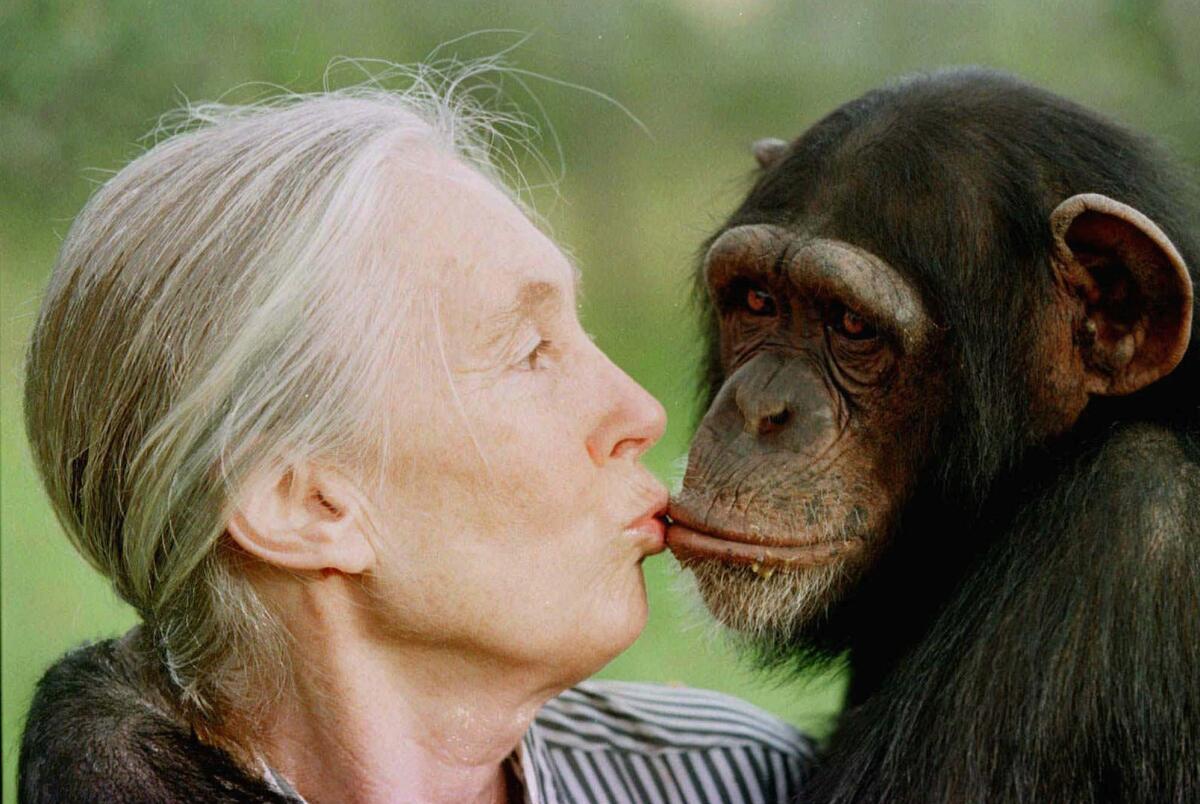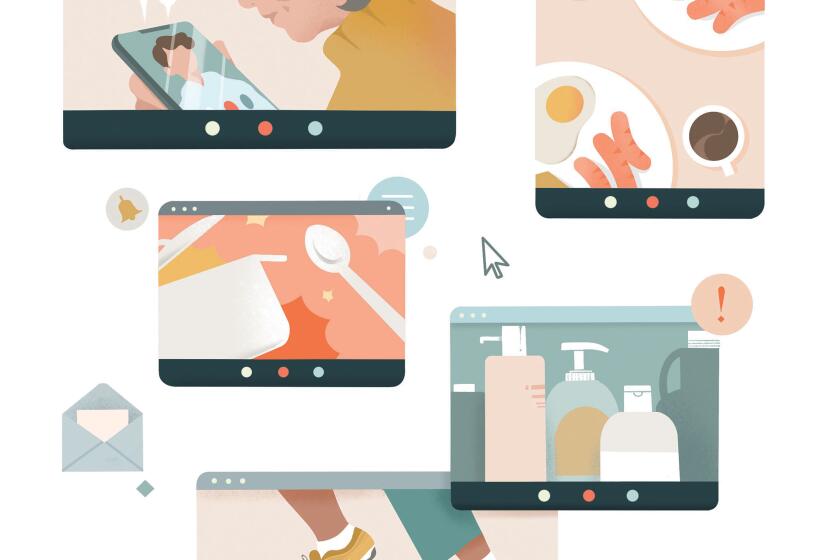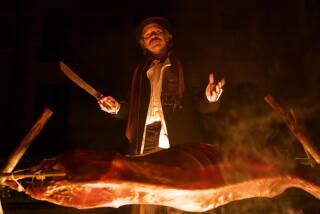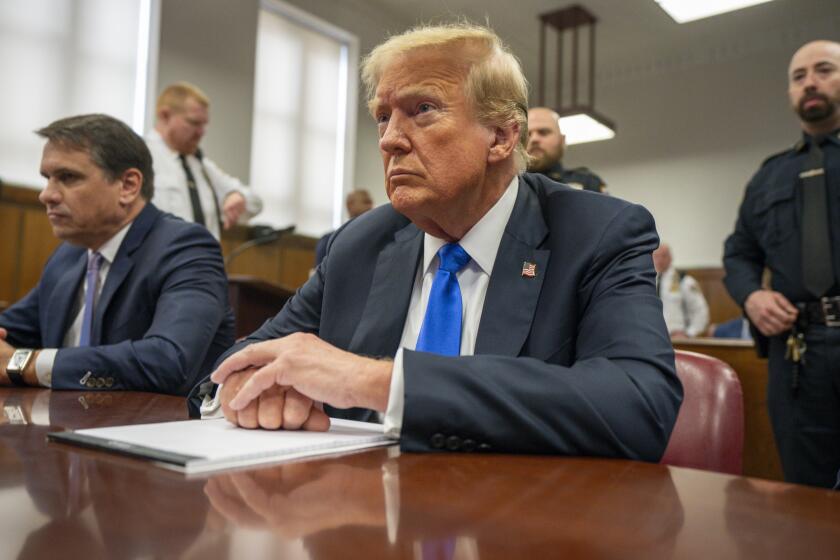Op-Ed: A chimpanzee’s journey helps my son cope with the coronavirus lockdown in Paris

It’s been three weeks of lockdown in Paris. The street outside my window seems smaller and emptier every day, as if people are more and more afraid to venture out. The French government recently announced even stricter measures: only one outing allowed per day, one hour per outing, within a 1-kilometer radius of home. The world outside my window is, in fact, getting smaller.
I feel as if I’m almost exclusively a father now, and no longer a writer. Writing matters less than making sure my 3-year-old son sees this new reality as some kind of adventure.
We go outside once a day, for a short walk or a ride on his scooter. At home, we make up games — snapping off the shoots of spinach leaves, learning to pick up scraps of paper with tweezers, creating complex designs on the floor with his collection of used metro tickets.
As I see it now, my primary occupation is keeping everything that’s going on as far away from him as possible — the lockdown, the virus, the uncertainty, the overall sense of panic, the soaring number of sick and dead. And for the most part I’d succeeded. Or so I thought.
Some days ago, I showed my son a short video with a scene of a chimpanzee clinging to Jane Goodall in what appears to be a grateful embrace. I explained that the chimpanzee’s name was Wounda, and that Goodall and her team were releasing Wounda back into the jungle of the Congo after it had been rehabilitated.
In our “Dispatches From the Pandemic” series, we bring you personal stories from people whose lives have been altered by COVID-19.
As soon as the video ended, my son started to sob inconsolably. At first I was almost proud of his tears, which I interpreted as empathy or emotional intelligence. And maybe they were. But then I couldn’t help but wonder how much built-up frustration he also was releasing in those tears, how much sadness he’d been storing up all week, and hiding from his father.
A few days have passed since he saw the video, but he still talks constantly about Dr. Goodall — he calls her Jane — and about Wounda. This afternoon, while we were trying to nap, he again told me Wounda’s story in his own way, in his own words.
And as I listened to him, I thought of a woman and her team healing a chimpanzee, and a chimpanzee healing a son, and a son healing a father.
Eduardo Halfon has written 14 books of fiction in Spanish and is originally from Guatemala.
More to Read
A cure for the common opinion
Get thought-provoking perspectives with our weekly newsletter.
You may occasionally receive promotional content from the Los Angeles Times.











